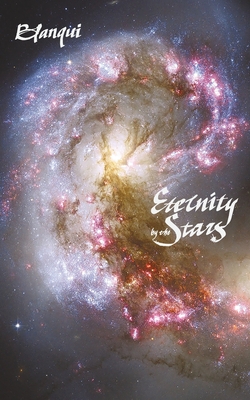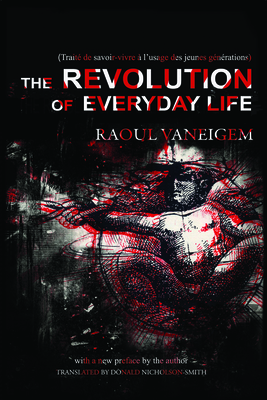
description
litics, final liberations, historical codas, and dreams of eternity, the shadowy figure of Louis-Auguste Blanqui, the constant revolutionary, wrote Eternity by the Stars in the last months of 1871 while incarcerated in Fort du Taureau, a marine cell of the English Channel. In the midst of contemplating his confinement, Blanqui devises a simple calculation in which the infinity of time is confronted with the finite number of possible events to suggest a most radical conclusion: every chain of events is bound to repeat itself eternally in space and time. Our lives are being lived an infinity of times across the confines of the universe, and death, defeat, success and glory are never final. For the world is nothing but the play of probabilities on the great stage of time and space. By straddling the boundaries of hyperrealism and hallucinatory thinking, Blanqui's hypothesis offers a deep, tragic, and heartfelt reflection on the place of the human in the universe, the value of action, and the aching that lies at the heart of every modern soul. This first critical edition of Blanqui's incantatory text in English features an extended introduction by Frank Chouraqui. Exploring sources of Blanqui's thinking in his intellectual context, Chouraqui traces the legacy of the text in critiques of modernity devoting particular attention to the figures of Nietzsche, Walter Benjamin, and Borges. It features copious illuminating annotations that bring out the web of connections which interlace the great marginal figure of Blanqui with more than two millennia of European culture.
member goods
No member items were found under this heading.
Return Policy
All sales are final
Shipping
No special shipping considerations available.
Shipping fees determined at checkout.







